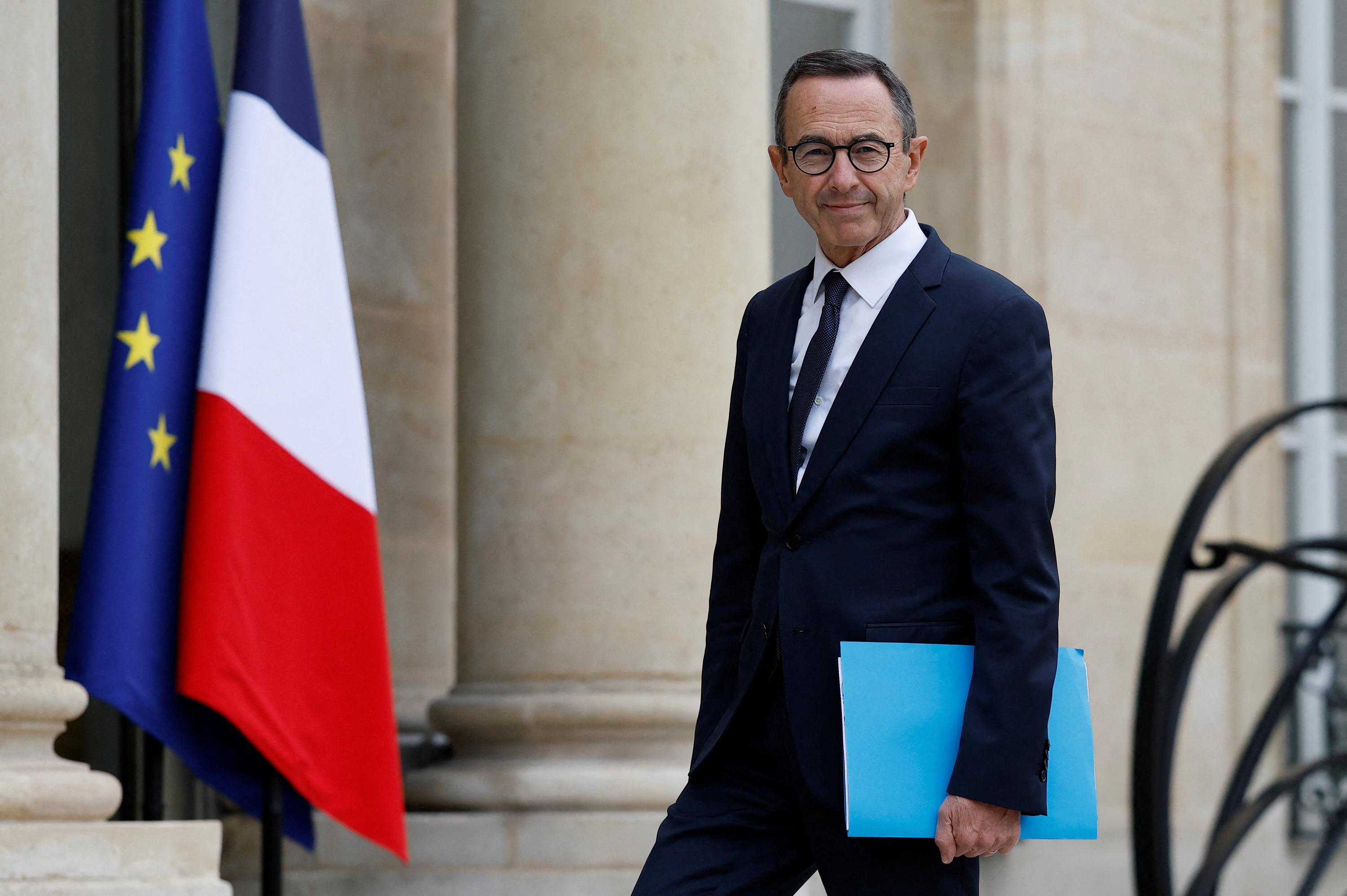French Political Leaders Set Strategies and Criticize Government Ahead of 2027 Elections
Les Républicains and La France Insoumise leaders outline critiques and strategic visions ahead of France's 2027 elections amid political polarization.
- • Bruno Retailleau calls current government budget 'invotable' and advocates for reduced public spending.
- • Retailleau rejects alliance with Rassemblement National and supports a union of voters.
- • Jean-Luc Melenchon highlights decline of Macronism and rise of far-right alliances.
- • La France Insoumise promotes ecological sustainability and a Sixth Republic for 2027 elections.
Key details
As France approaches the 2027 presidential elections, key political figures from Les Républicains and La France Insoumise have laid out their critiques and strategies reflecting deep divisions and divergent visions for the country’s future.
Bruno Retailleau, leader of Les Républicains (LR), sharply criticized the current government’s budget, calling it “invotable” in an RTL interview. He blamed excessive public spending on the influence of the Socialist Party and lamented the government’s abandonment of the constitutional Article 49.3 procedure. Retailleau proposed three possible political scenarios if elections were to be held early: presidential resignation, a referendum, or dissolution of the National Assembly. He firmly rejected forming an alliance with Marine Le Pen’s Rassemblement National, instead advocating for a union of voters reminiscent of Nicolas Sarkozy’s 2007 approach. Looking ahead, he noted that LR has no natural candidate yet and emphasized the need for a primary, leaving open his own potential candidacy. However, Laurent Wauquiez, LR parliamentary leader, cautioned against Retailleau’s hardline position, calling it senseless and stressing the need to correct the budget rather than reject it outright.
On the left, Jean-Luc Melenchon, leader of La France Insoumise (LFI)—the leading left-wing party with 71 parliamentary seats—painted a grim picture of the political climate. He declared the end of “Macronism,” warning of dangerous alliances forming between Macronist centrists and the far right. Melenchon accused the Macron government of adopting far-right policies, especially Islamophobia, and emphasized that the 2023 protests were legitimate reactions to intertwined social issues: capitalism, racism, and neoliberal economic policies. LFI’s program "L’Avenir en commun" remains focused on promoting collectivism, ecological sustainability, and establishing a Sixth Republic to empower citizens.
These voices typify the polarized landscape ahead of the 2027 elections, with Les Républicains pushing for fiscal conservatism and voter alliances free of far-right elements, while La France Insoumise calls for a unified left front to combat neoliberalism and far-right rising influence. Both parties emphasize the critical nature of the next presidential vote in redefining France’s political and social trajectory.
This article was translated and synthesized from French sources, providing English-speaking readers with local perspectives.
Source articles (2)
Source comparison
Latest news
Middle East Conflict Sparks Surge in French Fuel Prices Amid Supply Concerns
Macron Announces Major Shift in France's Nuclear Policy with Increased Arsenal and European Integration
French Government Prioritizes Safety of Nationals Stranded Amid Middle East Conflict
French Prisons Reach Record Overcrowding with 86,645 Inmates as of February 2026
Pau's Local Election Campaign Gathers Momentum Amid Broader Political and Economic Concerns
French Companies and Regions Accelerate Efforts in Nature-Related Economic Transition
The top news stories in France
Delivered straight to your inbox each morning.


